To provide the best experiences, we use technologies like cookies to store and/or access device information. Consenting to these technologies will allow us to process data such as browsing behaviour or unique IDs on this site. Not consenting or withdrawing consent, may adversely affect certain features and functions.
The technical storage or access is strictly necessary for the legitimate purpose of enabling the use of a specific service explicitly requested by the subscriber or user, or for the sole purpose of carrying out the transmission of a communication over an electronic communications network.
The technical storage or access is necessary for the legitimate purpose of storing preferences that are not requested by the subscriber or user.
The technical storage or access that is used exclusively for statistical purposes.
The technical storage or access that is used exclusively for anonymous statistical purposes. Without a subpoena, voluntary compliance on the part of your Internet Service Provider, or additional records from a third party, information stored or retrieved for this purpose alone cannot usually be used to identify you.
The technical storage or access is required to create user profiles to send advertising, or to track the user on a website or across several websites for similar marketing purposes.
 The Institution of Civil Engineers has published its State of the Nation 2017 report, looking at how advances in digital technology and data are transforming how infrastructure is designed, delivered and operated. The report claims that digital transformation is bringing benefits to clients and end users as well as unlocking economic growth and productivity across the UK. The report, based on interviews with 350 organisations and industry figures discusses the practical steps firms and government need to take to maintain momentum and truly harness the benefits.
The Institution of Civil Engineers has published its State of the Nation 2017 report, looking at how advances in digital technology and data are transforming how infrastructure is designed, delivered and operated. The report claims that digital transformation is bringing benefits to clients and end users as well as unlocking economic growth and productivity across the UK. The report, based on interviews with 350 organisations and industry figures discusses the practical steps firms and government need to take to maintain momentum and truly harness the benefits.








 Implementing new technologies over the next 12 months is of primary importance for senior managers, with nearly two-fifths of finance directors saying digital transformation is one of their greatest priorities. Against a backdrop of economic uncertainty, chief financial officers (CFOs) are focusing on increasing profitability (41 percent) and driving overall company growth (39 percent) in the year ahead, according to research from,
Implementing new technologies over the next 12 months is of primary importance for senior managers, with nearly two-fifths of finance directors saying digital transformation is one of their greatest priorities. Against a backdrop of economic uncertainty, chief financial officers (CFOs) are focusing on increasing profitability (41 percent) and driving overall company growth (39 percent) in the year ahead, according to research from, 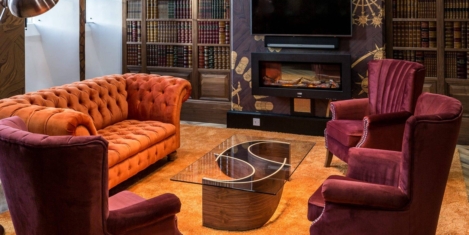
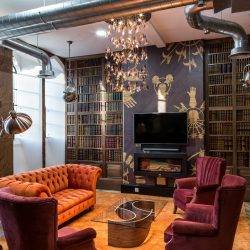
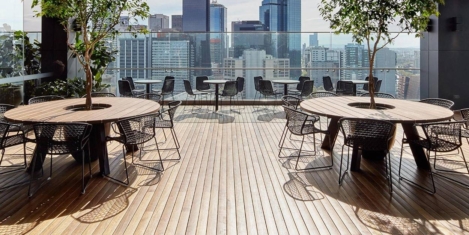




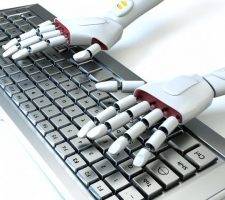 Businesses are ready to embrace the new era of robot workers, automation and artificial intelligence, according to a new report.
Businesses are ready to embrace the new era of robot workers, automation and artificial intelligence, according to a new report. 




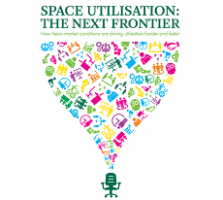









March 22, 2016
While politicians squabble, here’s what the Budget meant for the workplace 0
by Mark Eltringham • Comment, Facilities management, Legal news, Workplace, Workplace design
More →